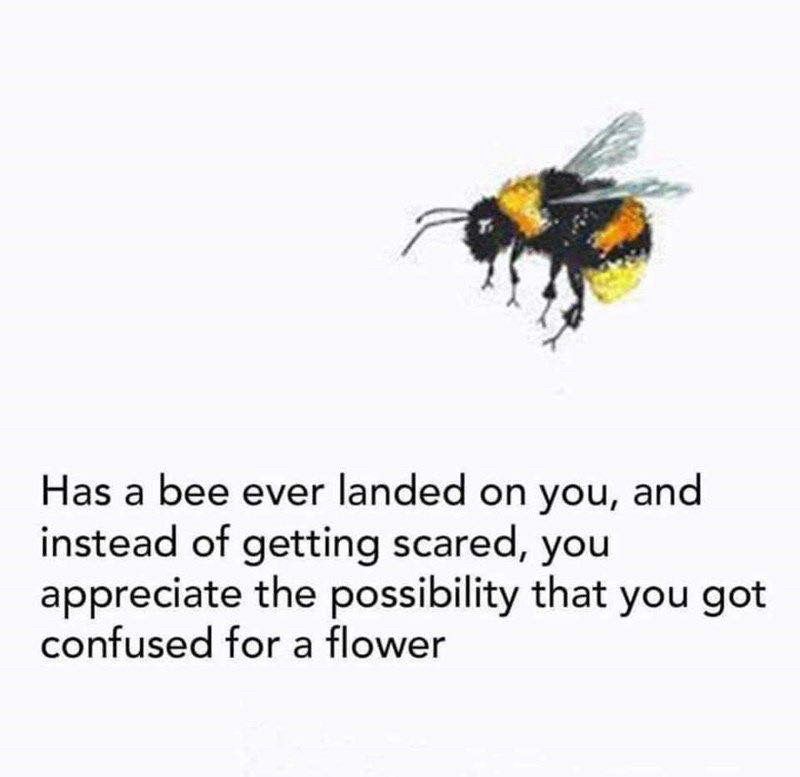
Bee ecology, behavioral ecology, and foraging behavior.
Interested in how landscapes shape and mold bee communities.
I’ve posted occasional updates on hive numbers on my blog, but the last of these was in 2022. It feels like it’s time for another - on #WorldBeeDay2025!
Read more here: jeffollerton.co.uk/2025/05/20/h...
#bees #pollinators #biodiversity #FAO #ecology
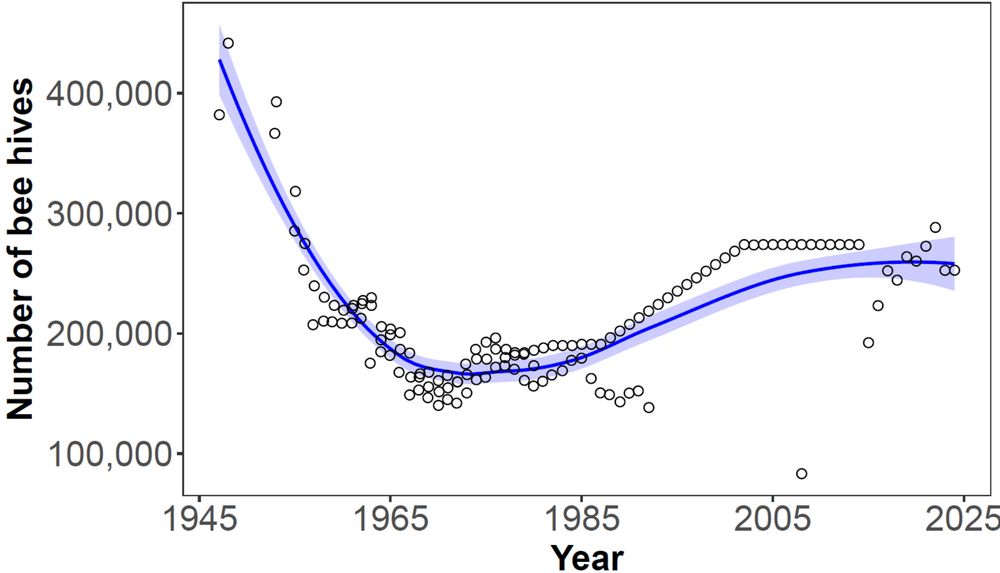


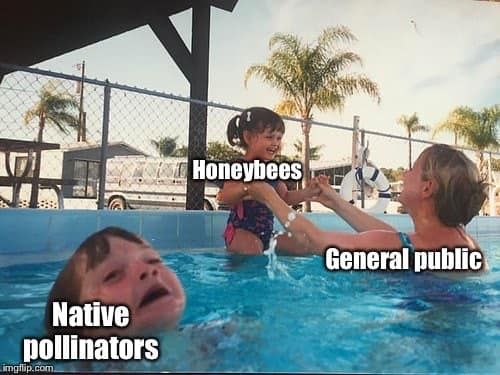

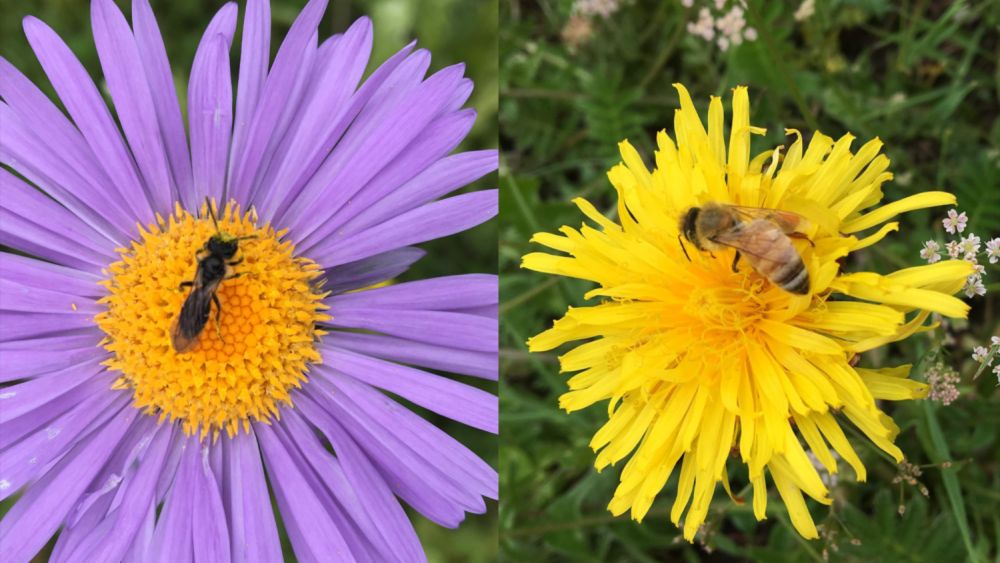
It's deadly to the US economy.
The US is a world leader in tech due to the ecosystem that NIH and NSF propel. It drives innovation for tech transfer, creates a highly-skilled sci/tech workforce, and fosters academic/industry crossfertilization.
Their principal role is support a scientific ecosystem in the United States, that includes everything from education and training to infrastructure and communication.
It's deadly to the US economy.
The US is a world leader in tech due to the ecosystem that NIH and NSF propel. It drives innovation for tech transfer, creates a highly-skilled sci/tech workforce, and fosters academic/industry crossfertilization.
Kids deserve edu free from fossil fuels companies using them for good PR while selling their futures up the river.
commsdeclare.org/2025/02/05/p...

Kids deserve edu free from fossil fuels companies using them for good PR while selling their futures up the river.
commsdeclare.org/2025/02/05/p...
Book now: eventbrite.co.uk/e/952936216877

Book now: eventbrite.co.uk/e/952936216877
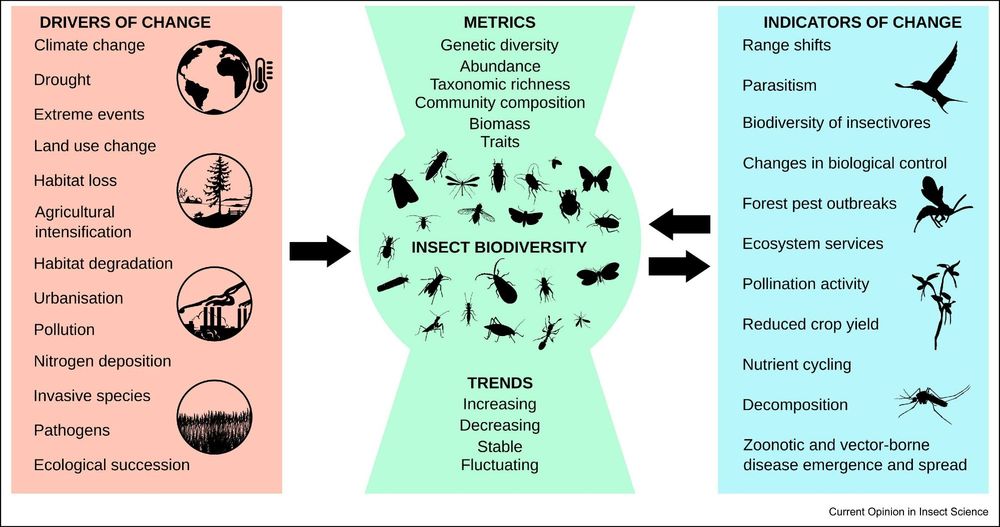
#science #science🧪 #entomology #bees #neurobiology #phd


a) it can't be an immediate danger to you
b) it has to be so scary you would stop filming and leave.
Feel free to play along. The current winner is vulture murmuration.
a) it can't be an immediate danger to you
b) it has to be so scary you would stop filming and leave.
Feel free to play along. The current winner is vulture murmuration.




doi.org/10.1242/jeb....

doi.org/10.1242/jeb....
And the answer is... yes! Check it out 😇 ⬇️
link.springer.com/article/10.1...

And the answer is... yes! Check it out 😇 ⬇️
link.springer.com/article/10.1...
onlinelibrary.wiley.com/doi/full/10....
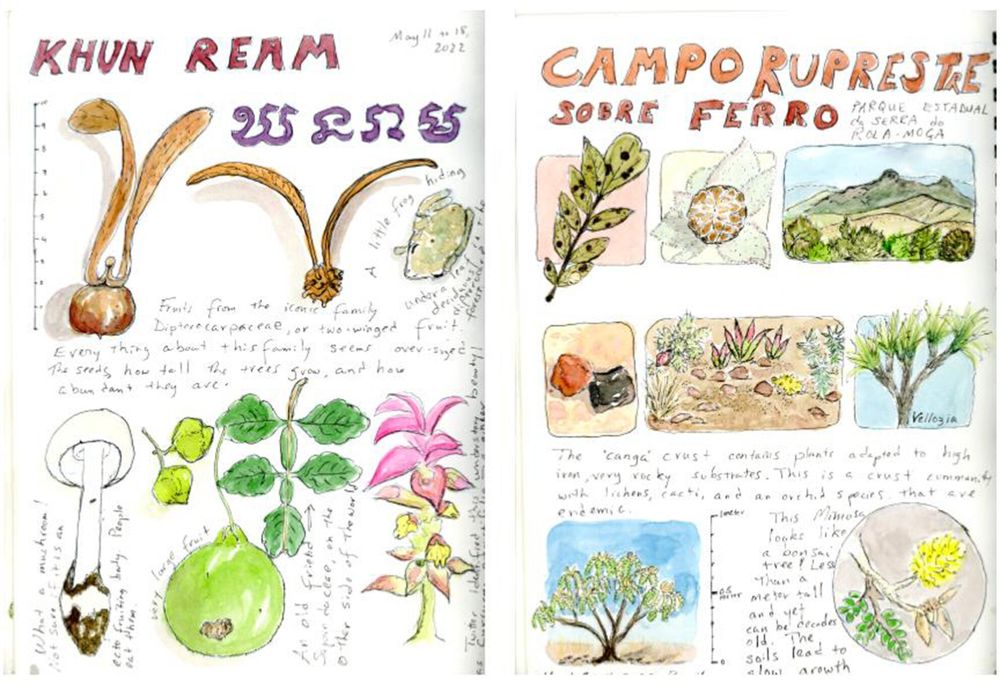
onlinelibrary.wiley.com/doi/full/10....
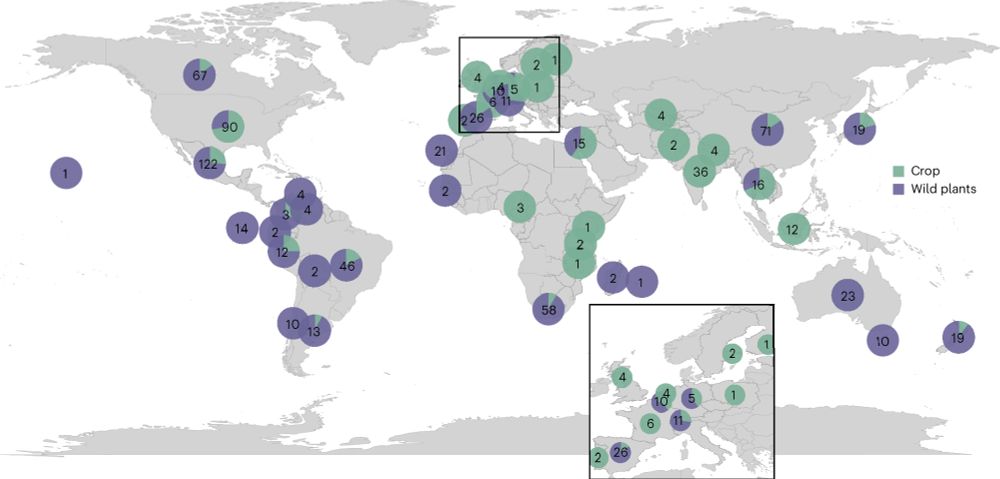
Authentic climate leadership requires more — a transparent and meaningful “Emissions 360” approach.
globalecoguy.org/the-world-ne...

- Last year, the UK exported 8,500 tonnes of pesticides considered so hazardous they are banned here
- Including: enough bee-killing neonicotinoid thiamethoxam to spray an area larger than England
- Syngenta was responsible for 98% of these banned pesticide exports



